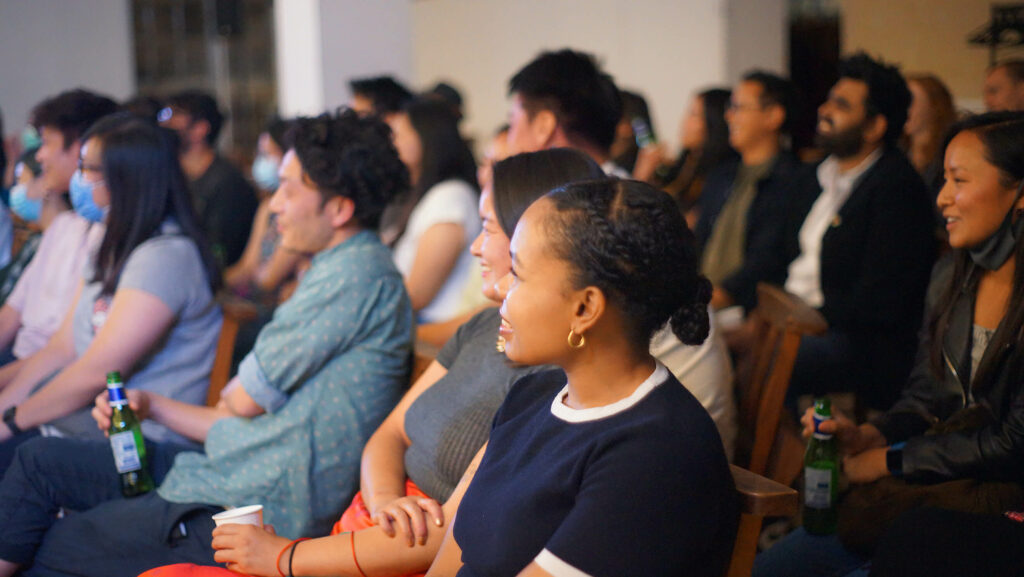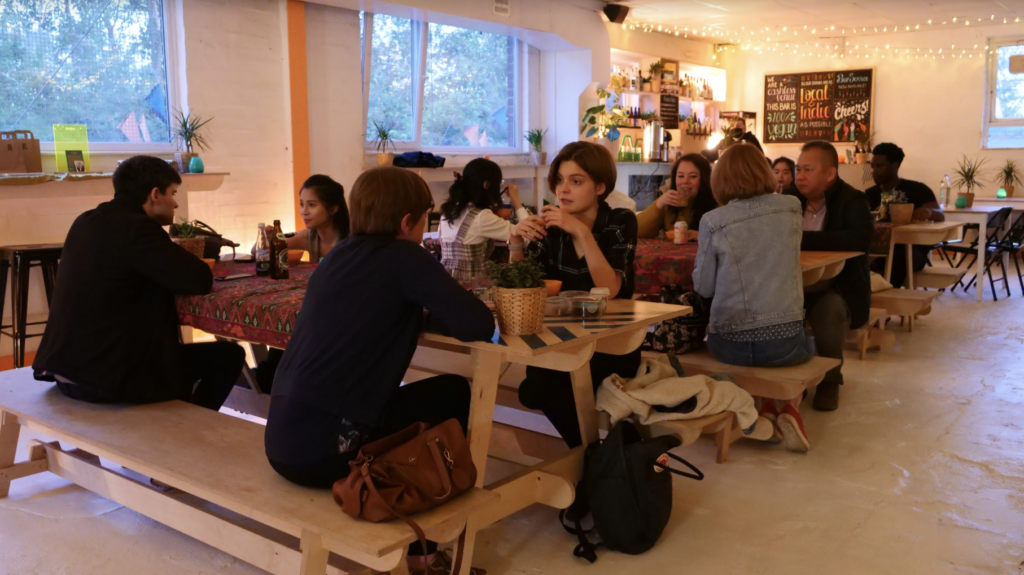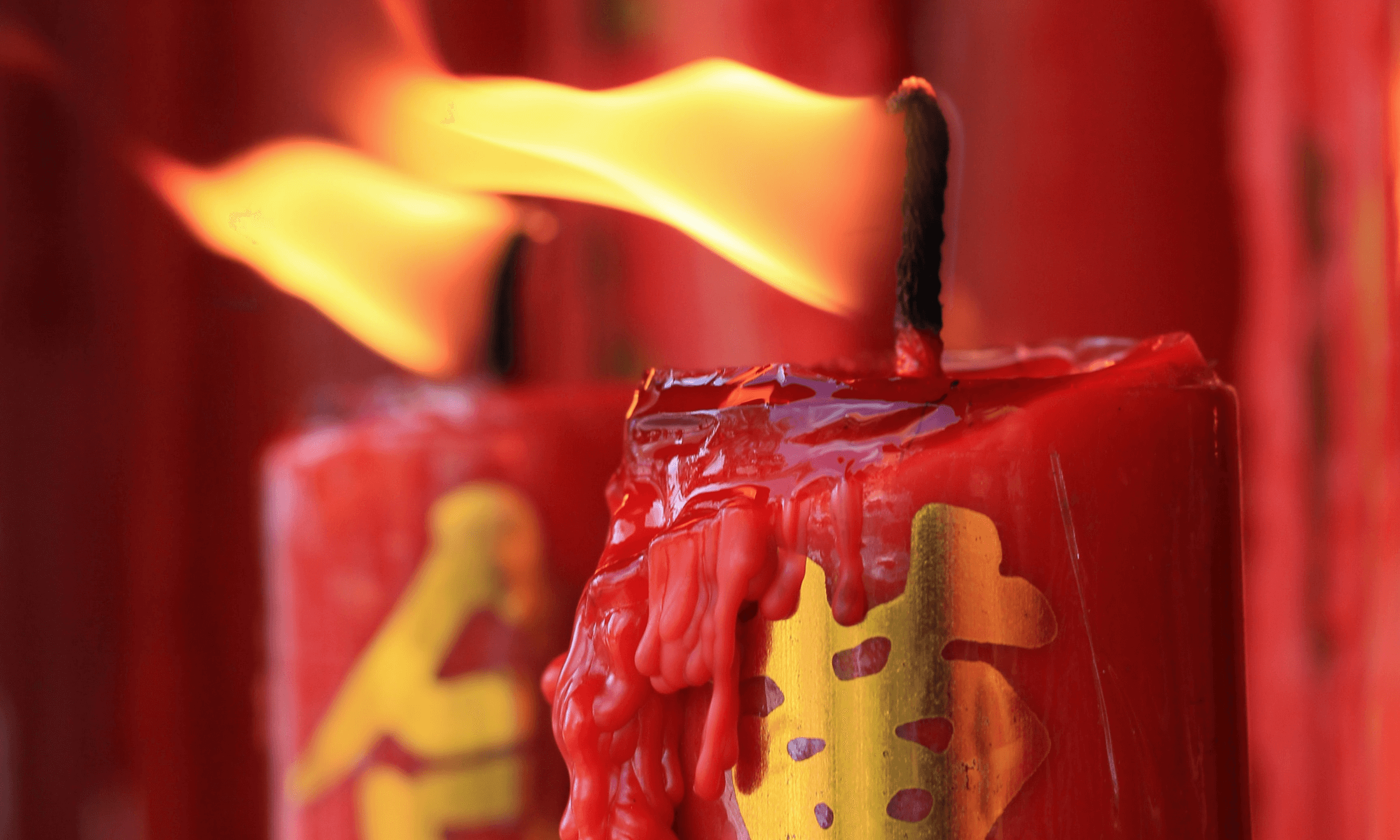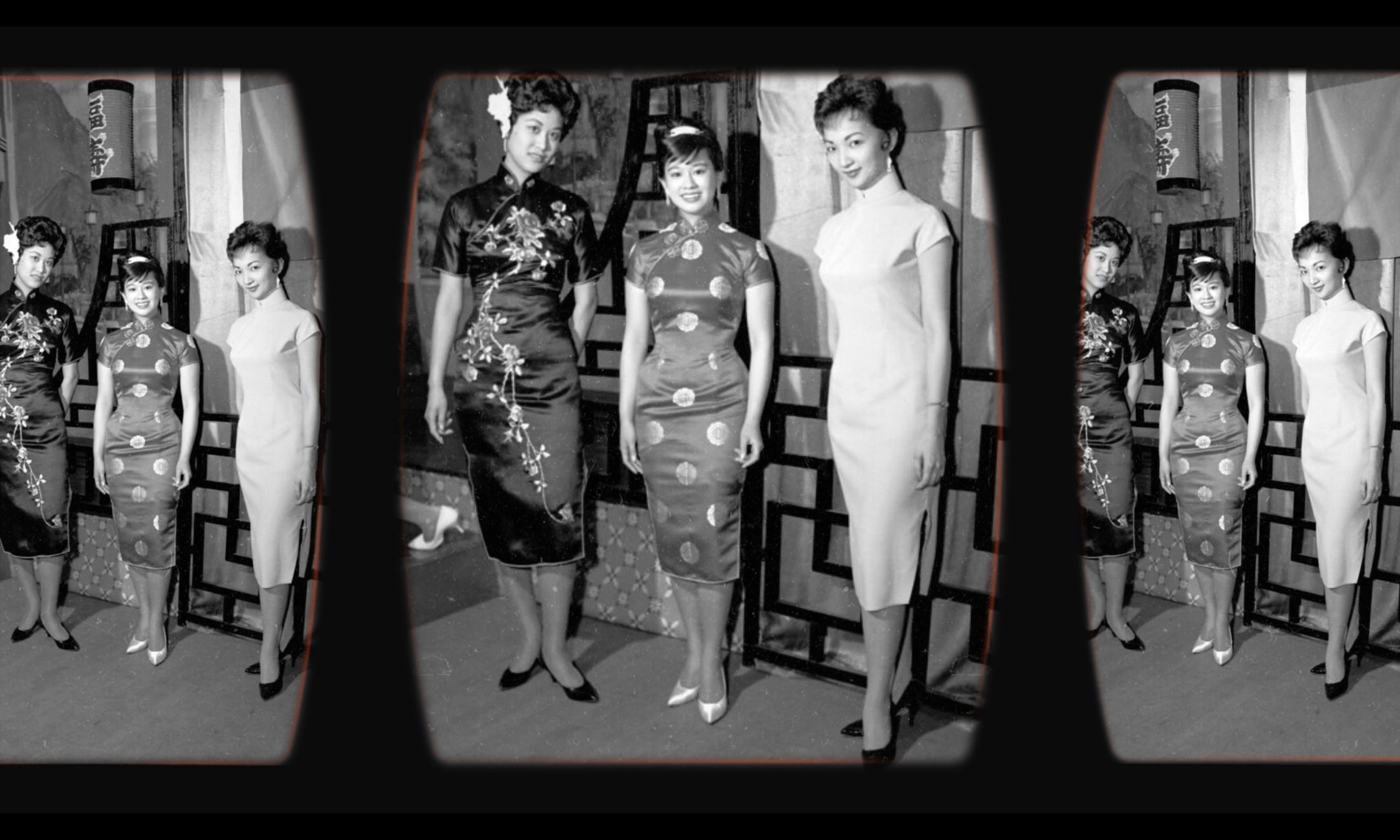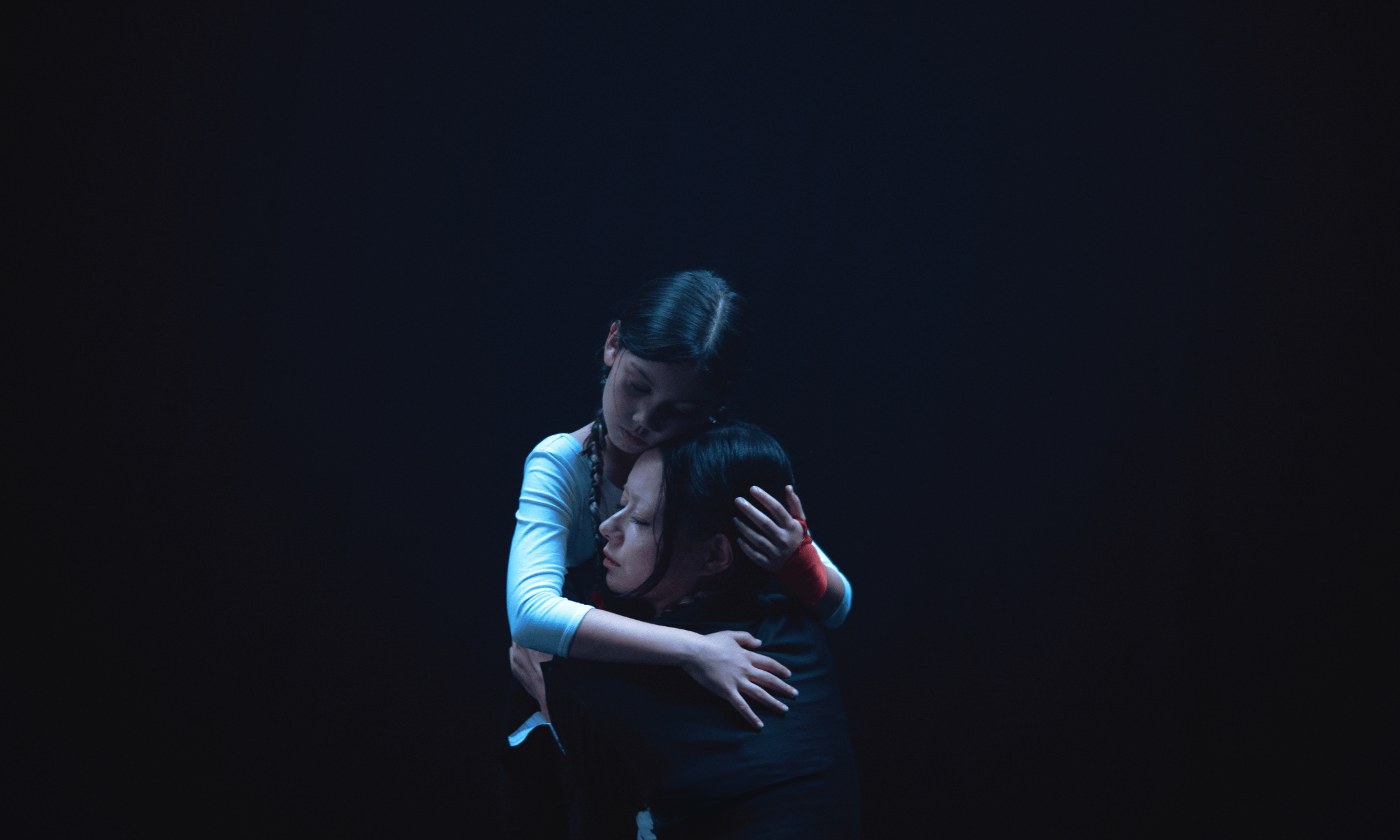
Alicia Warner
After interviewing my sister, Mimi, for the Land, Sea and Stars virtual exhibition for this year’s East and South East Asian (ESEA) Heritage Month, I asked if she had any newspaper cuttings from the time my family arrived in the UK as forced migrants from the American/Vietnam War in the late 1970s. She showed me a faded page from a local Surrey newspaper. In one image, four of my older siblings are joyfully peering at the camera, jostling for space with toothy grins. “BTW,” she messaged me, after emailing the article over, “the newspaper mushed up some of our names… they used dad’s name for mum and partly got the other three names right, but mine is totally wrong.”
I am the youngest of six children and one of two born after my family fled Northern Vietnam in boats to escape persecution as Viet Hoa (ethnic Chinese in Vietnam). I had always wondered why the given names of my five older siblings; Phung Kim Hoa, Phung Kim My, Phung Hoc Luong, Phung Kim Dung, and Phung Kim Hanh were romanised versions of their Chinese names, yet I was ‘Amy Phung’. When I found out about how the English journalist had mangled the names of my family members, I realised why my parents decided ‘Amy’ would be the chosen alias for their last-born. There would be no ignorance towards the pronunciation of my name that they had endured with their own. When I first started developing the idea for Land, Sea and Stars last year, I aimed to explore the untold parts of British history but in the process, I discovered that events of my past have affected who I am more than I had previously realised.
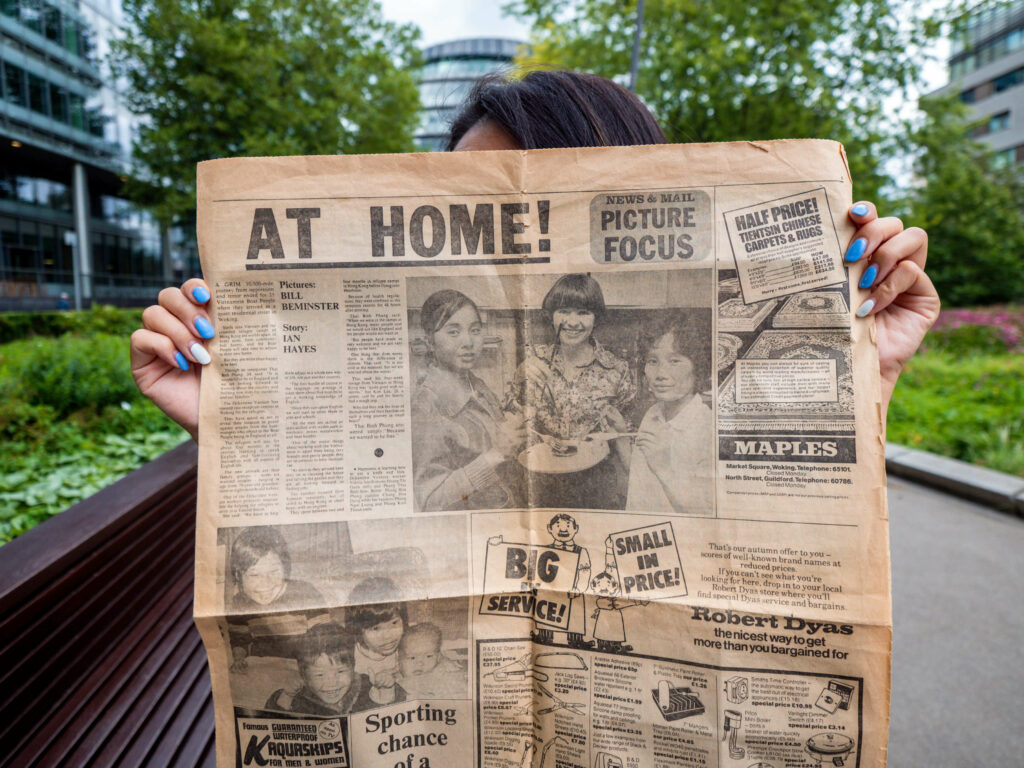
Civil wars and global conflict have thrown my family history onto turbulent waves as violent as the sea they sailed upon all those years ago. With our feet firmly on UK soil, we continue grappling with the duality of embracing the opportunities that have been afforded us here, while also coming to terms with a certain kind of loss; the loss of cultural attributes and customs that connect us with our heritage. Language is another cultural marker that often fades when children of East or South East Asian descent grow up in UK society, as filmmaker Ray Roberts revealed during the Filipino Experience in Britain panel, as part of besea.n’s (Britain’s East and South East Asian Network) first in-person event for ESEA Heritage Month.
“My mum spoke to me in Cebuano,” he said. “At preschool, my teacher told my mum to stop, as it was affecting my English, giving me an accent that they didn’t like. My mum never spoke to me in Cebuano again, and from that moment, my language was taken away from me.”
“The stillness of the room, filled with people of mostly ESEA descent, became saturated with the acknowledgement and understanding of what it is to constantly seek a way home”
Even with my own timid grasp of Cantonese, I know that the ability to understand a second language opens up a world of cultural idiosyncrasies and concepts that cannot be fully transposed in English, so I felt Ray’s words deeply. The stillness of the room, filled with people of mostly ESEA descent, became saturated with the acknowledgement and understanding of what it is to constantly seek a way home. Attendees offered a space for vulnerability as Ray shared his story, a space created on numerous occasions this month, and one that many of us have craved and finally found.
But what is home? Behind every event on the ESEA Heritage Month programme is a human story, one impacted by displacement and cultural dissonance. So often, we are bombarded with people’s perceptions of what it is to identify as East or South East Asian. To the older generations of my family, I am constantly being told, “Aiyaaa, that’s not how you address your elders. You have lived here too long and picked up bad habits.”
To some non-ESEA people, the belief that Chinese people are ‘virus-carriers’ or threats to global security, exacerbated by the historical ‘Yellow Peril’ trope, means I’m in a constant tug-of-war of how to satisfy or overcome people’s constructions of what I’m supposed to be. For non-Chinese East Asians or South East Asians who are often racialised as Chinese, the lack of knowledge about the nuances that exist leads to further erasure.
“Through efforts such as ESEA Heritage Month, I feel galvanised by the awakening of a sleeping giant”
In the year since I co-founded besea.n, I’ve had the opportunity to engage with and learn from people I would have never previously crossed paths with. Every exchange has been an exercise in realigning my relationship with my heritage and taking ownership of the parts that mean the most to me. Instead of feeling that a part of me is lacking because I don’t fulfil expectations, I have realised that we can individually and collectively forge a UK ESEA-specific narrative that belongs to us, always developing and creating new bonds. The issues that confront ESEA people in the UK are wide and varied, from the forced deportation of vulnerable migrants, the effects of Hostile Environment policies to racist misrepresentations in media. I have often felt at a loss with what to do when faced with the overwhelming despair from crises impacting marginalised communities.
Yet with the pockets of ESEA people coming together through efforts such as ESEA Heritage Month, I feel galvanised by the awakening of a sleeping giant. We are learning to embrace the multiple facets of our identities, and by doing so, find the strength and confidence to disrupt and take up space. This September, we’ve seen panel discussions on representation in publishing and broadcasting, a live performance by ESEA poets, an exhibition on the Beauty of Batik, a congee supperclub and an online showcase of ESEA creatives, to name only a few of the over 70 events that took place. In years to come, I see ESEA Heritage Month as a place that not only celebrates the aspects of our heritage that we hold dear, but serves as a springboard for greater understanding and further collective organising. In this place, I have found my home.
If you’re interested in joining the besea.n network, click here to find out more information.

